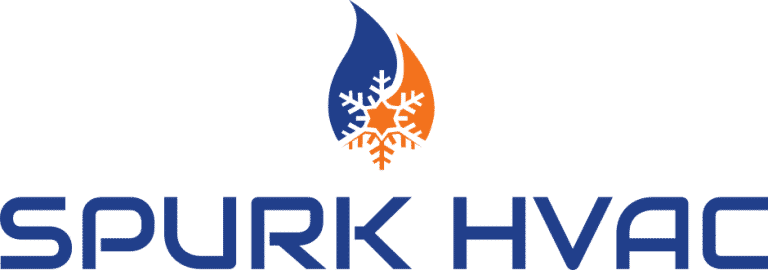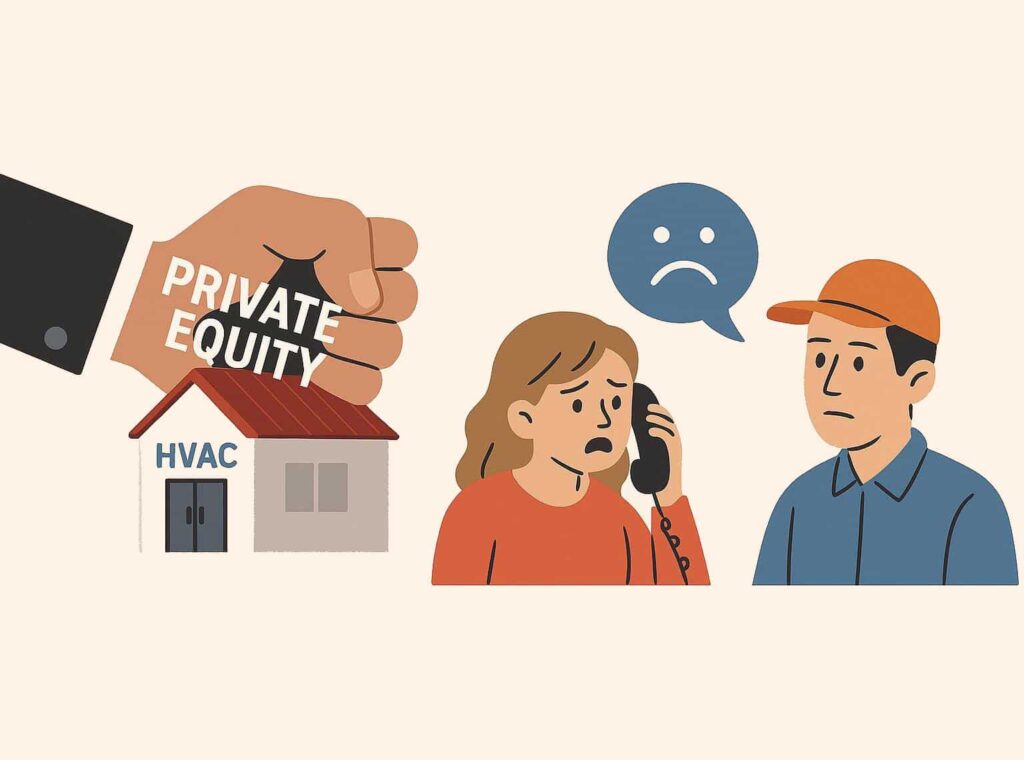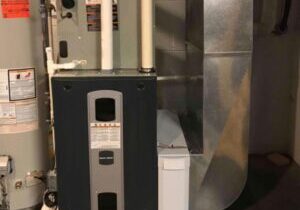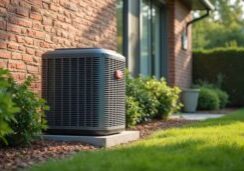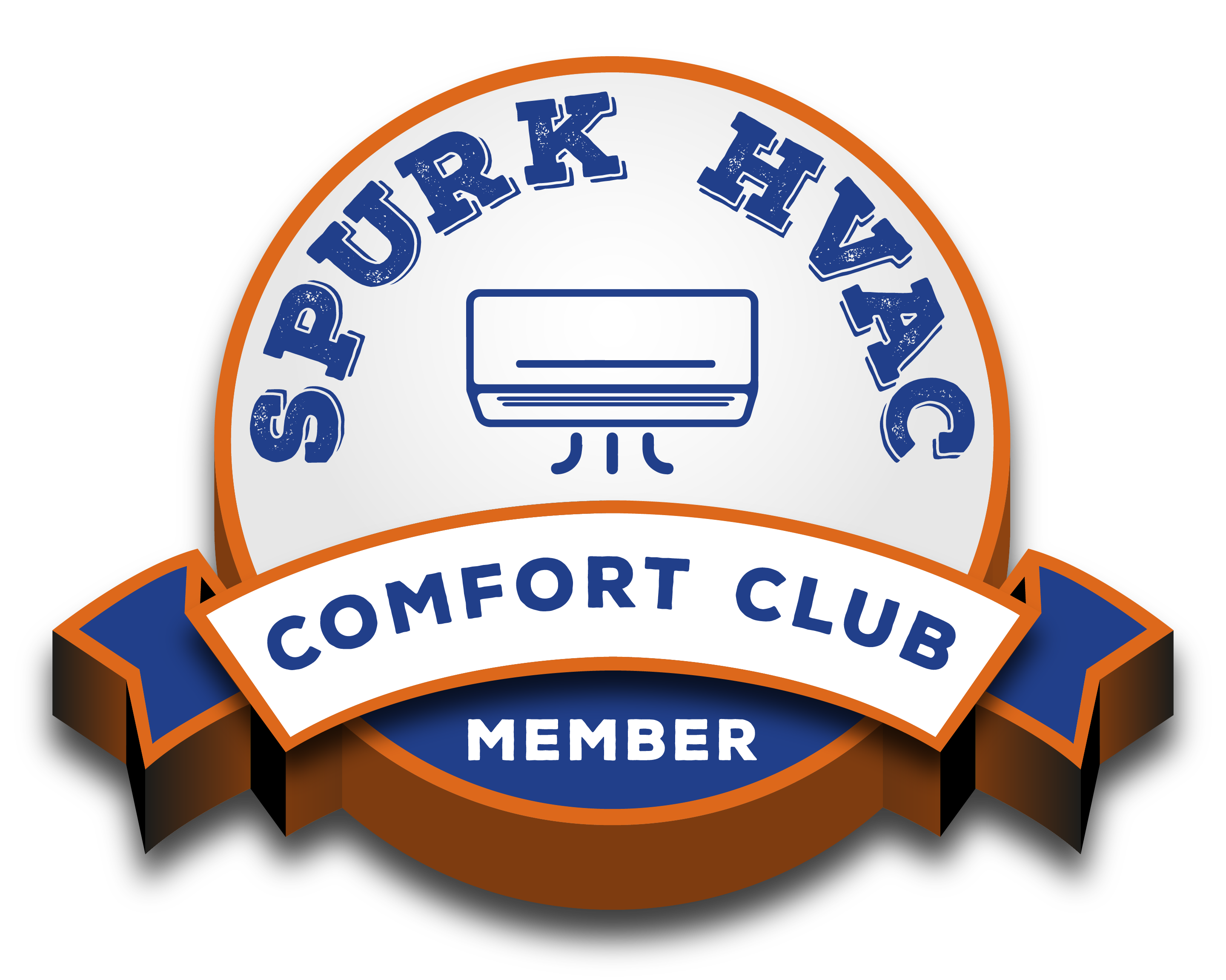Private equity (PE) firms are quickly taking over the HVAC industry, replacing independent contractors and family-owned businesses with profit-driven consolidation. Once focused on tech, finance, and healthcare, investors now see HVAC as a goldmine—fueling growth, driving up prices, pushing aggressive sales tactics, and eroding service quality.
Is PE improving HVAC or hurting it? This article breaks down why investors are flooding the industry, how it’s changing service, and what homeowners can do to protect themselves.
What is Private Equity?
Private equity firms invest in or acquire private businesses to generate returns for their investors. With nearly $1 trillion in unallocated capital, U.S. PE firms face pressure to invest capital quickly or risk losing billions in uninvested funds.
Most PE firms follow a consolidation strategy, also known as a rollup. They acquire a platform company and expand by purchasing and then consolidating smaller businesses. Rather than building from scratch, firms typically acquire established companies within the same region to scale quickly. When it’s time to sell, the larger combined company demands a higher valuation than the sum of its smaller parts, maximizing returns.
7 Reasons Why Private Equity (PE) is Investing in HVAC
- A Recession-Proof Industry with Reliable Cash Flow
HVAC is an essential service. Homeowners rely on their systems year-round; as equipment ages, it requires maintenance, repairs, and replacement.
This ongoing demand, which appeals to private equity firms, ensures steady cash flow, making HVAC businesses resilient even during economic downturns. - A Market Full of Small Businesses = Big Opportunity for Investors
Small and mid-sized independent businesses dominate the HVAC industry. No single market leader; even the most prominent company holds less than 2% of the market. Private equity sees a prime opportunity to streamline operations and create a nationally recognized brand in this fragmented sector. Those who can accomplish this stand to gain significant profits. - Energy Efficiency Rules Are Changing the Game
Government regulations and consumer preferences are driving demand for energy-efficient HVAC systems. For example, in January 2025, the Environmental Protection Agency (EPA) initiated the government refrigerant mandate, requiring all new systems to use R32 or R-454B refrigerants. With incentives encouraging homeowners to upgrade, private equity firms see a prime opportunity to capitalize on the shift toward eco-friendly solutions. - HVAC Isn’t DIY—It Requires Skilled Experts
As HVAC technology advances with smart home integration, automation, and monitoring, skilled technicians are more important than ever. Private equity firms can invest in cutting-edge upgrades and training, giving them a competitive edge in delivering high-tech solutions. - Built-In Revenue: Service Contracts Keep Cash Flowing
Planned maintenance and service agreements provide steady, predictable income, making HVAC businesses especially attractive for long-term profitability. - A Skilled Workforce That Sticks Around
Unlike many industries with high turnover, skilled HVAC technicians tend to stay in the trade for decades. Companies such as Spurk HVAC that foster strong workplace cultures have impressive employee retention, increasing business value. - Changes in Climate Strain Units & Requiring Replacements Sooner
Global warming and extreme weather accelerate HVAC wear and tear, leading to more frequent replacements. The average lifespan of a new unit is now just 13 years—nearly 40% shorter than a decade ago. Greater demand, consistent maintenance, and required upgrades fuel profits and make HVAC more appealing.
Private Equity Impacts HVAC Companies (and Its Customers)
Private equity in HVAC surged in the early 2020s and has effectively reshaped the landscape:
- Shift in Management Priorities
When private equity takes over an HVAC company, leadership and strategy change fast. Experienced employees are often replaced with corporate managers focused on profits over service. - Customer Service Takes a Backseat to Quick Profits
Family-owned HVAC companies build trust through fair pricing and customer-focused service, while private equity firms often prioritize aggressive sales. This shift erodes trust, damages reputations, and lowers service quality over time. - Rising Costs & Frustrated Customers
Customers grow frustrated with declining service quality, higher prices, and impersonal interactions. As loyalty erodes, they seek alternatives—shrinking a company’s revenue over time. - Skilled Technicians Leave, Service Suffers
Private equity’s cost-cutting often leads to lower wages, reduced benefits, and job insecurity, pushing skilled tradespeople to leave the industry entirely. As experienced technicians exit, service quality declines, wait times increase, and customers face inconsistent repairs. - Less Competition Means Higher Prices
Private equity buyouts eliminate low-cost competitors but give backed firms an edge with big marketing budgets and sales tactics. Mid-sized businesses struggle, while customers often pay more for the same or lower-quality service. - Loss of Personal Service with Standardized Solutions
Large private equity companies often implement a one-size-fits-all approach, lacking the personal touch that smaller businesses provide.
Why Private Equity’s Model is Unsustainable
What looks good on paper doesn’t always deliver in reality.
Most private equity investments are structured to deliver high returns within 5–7 years. Their primary goal is to maximize profits quickly. High-pressure tactics drive decision-making, ensuring quick cash flow to satisfy investors, but this comes at a cost, leading to business instability, failure, and even bankruptcy.
How Can You Tell if Your Local HVAC Company is Private Equity-Owned?
It could be hard to spot when your go-to HVAC provider has transitioned to a private equity firm during such significant changes. Following these tips, it may be easier to spot than you thought:
- Pay attention– Watch for service quality, pricing, and policy changes.
- Watch for staff turnover– A sudden loss of familiar technicians and office staff can signal ownership changes.
- Compare prices and policies– Note changing service costs, warranties, or financing terms.
- Stick to your standards– Don’t settle for pushy sales tactics or unnecessary upsells.
- Ask questions– See if ownership has changed and how it affects business practices.
- Speak up– Share concerns or leave reviews on platforms like Google Business or Yelp to warn others.
- Know you have options– Support locally owned companies like Spurk HVAC, prioritizing service over sales and looking out for the best interest of their employees and customers.
How Can Residents Combat Private Equity Giants?
Despite their massive size, PE firms aren’t invincible. Customers have more power than they realize to push back against industry changes. Here’s how:
- Support Local and Independent Businesses
Spend your money at locally owned businesses to keep profits within your community instead of fueling private equity takeovers. - Demand Transparency
Research company ownership and decision-making processes to support businesses that are open about their structure and values. - Choose Ethical Companies
Back businesses that provide fair wages, good benefits, and strong customer service while prioritizing ethical practices over profit-driven shortcuts.
Spurk HVAC: Family-Owned, Customer-Focused, and Built to Last
With over 20 years in the industry, Spurk HVAC proudly serves homes and businesses across Southwestern Pennsylvania. We’ve built a reputation on trust, delivering reliable service, high-quality products, and lasting customer relationships.
At Spurk HVAC, we know private equity-backed companies often prioritize profits over people. That’s why we remain independent—so we can continue to provide:
- Trustworthy service built on honesty and reliability.
- Expert technicians who get the job done right the first time.
- Tailored maintenance plans that aim to extend the life of your system.
- Quality equipment and parts for lasting results.
- Comprehensive service for life.
Why Choose Spurk HVAC?
You deserve better in a world of rising prices, impersonal services, and companies cutting corners. Experience the Spurk HVAC difference—where trust, quality, and customer care come first. Schedule your service today!


